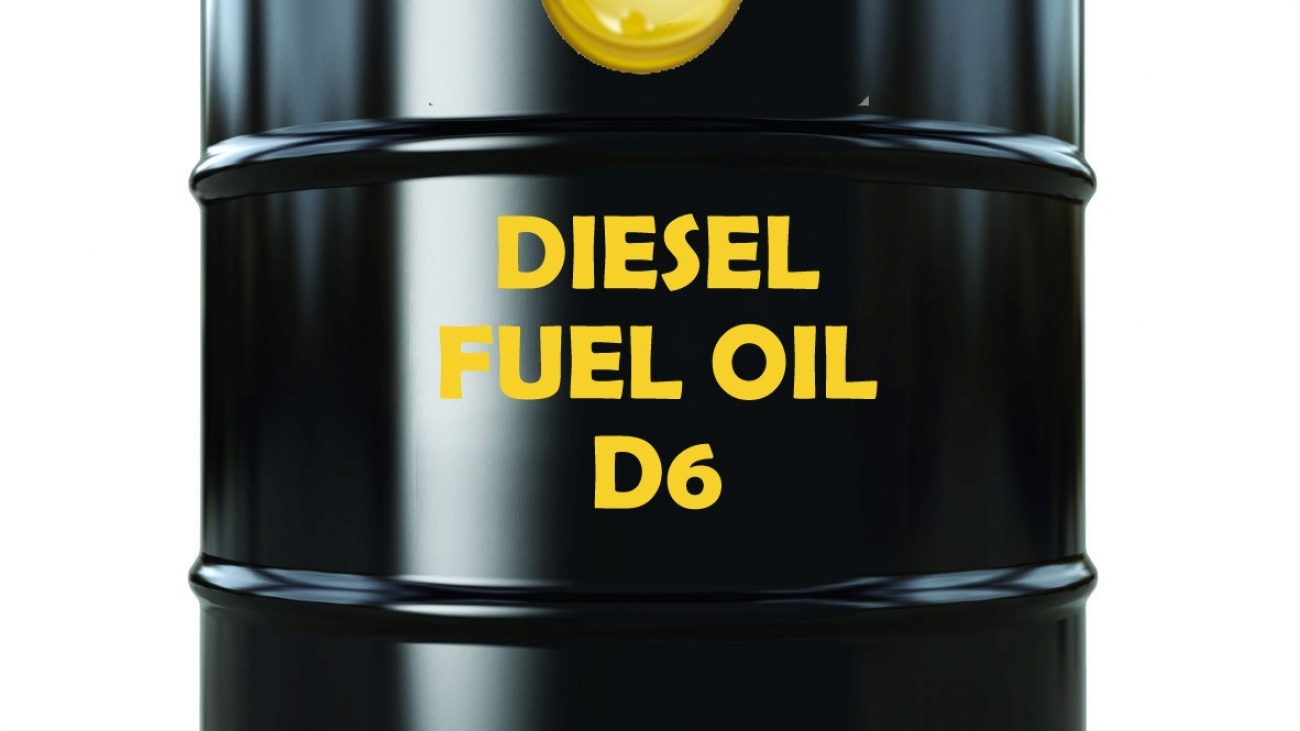DIESEL FUEL (GAS OIL)
Diesel fuel is produced from various sources, the most common being petroleum. Other sources include biomass, animal fat, biogas, natural gas, and coal liquefaction.
Petroleum diesel, also called petrodiesel is the most common type of diesel fuel. It is produced from the fractional distillation of crude oil between 200 °C (392 °F) and 350 °C (662 °F) at atmospheric pressure, resulting in a mixture of carbon chains that typically contain between 8 and 21 carbon atoms per molecule.
The important properties which are used to characterize diesel fuel include cetane number (or cetane index), fuel volatility, density, viscosity, cold behavior, and sulfur content. Diesel fuel specifications differ for various fuel grades and in different countries.
The principal measure of diesel fuel quality is its cetane number. A cetane number is a measure of the delay of ignition of a diesel fuel. A higher cetane number indicates that the fuel ignites more readily when sprayed into hot compressed air. European (EN 590 standard) road diesel has a minimum cetane number of 51. Diesel fuel is more efficient than gasoline because it contains 10% more energy per gallon than gasoline. But there are a few kinds of diesel fuel: Standard diesel fuel (sometimes called diesel oil) comes in two grades: Diesel #1 (or 1-D) and Diesel #2 (or 2-D). The higher the cetane number, the more volatile the fuel. Most diesel vehicles use fuel with a rating of 40 to 55.
ISO has a standard for D2 Diesel Gasoil that most oil companies used as a reference. … Historically, the sulfur content in diesel fuels for highway and nonroad vehicles was limited to 0.5% (wt.) by ASTM specifications. D2 Diesel Fuel is available with various levels of sulfur content, ranging from 10 ppm to 10000 ppm.


